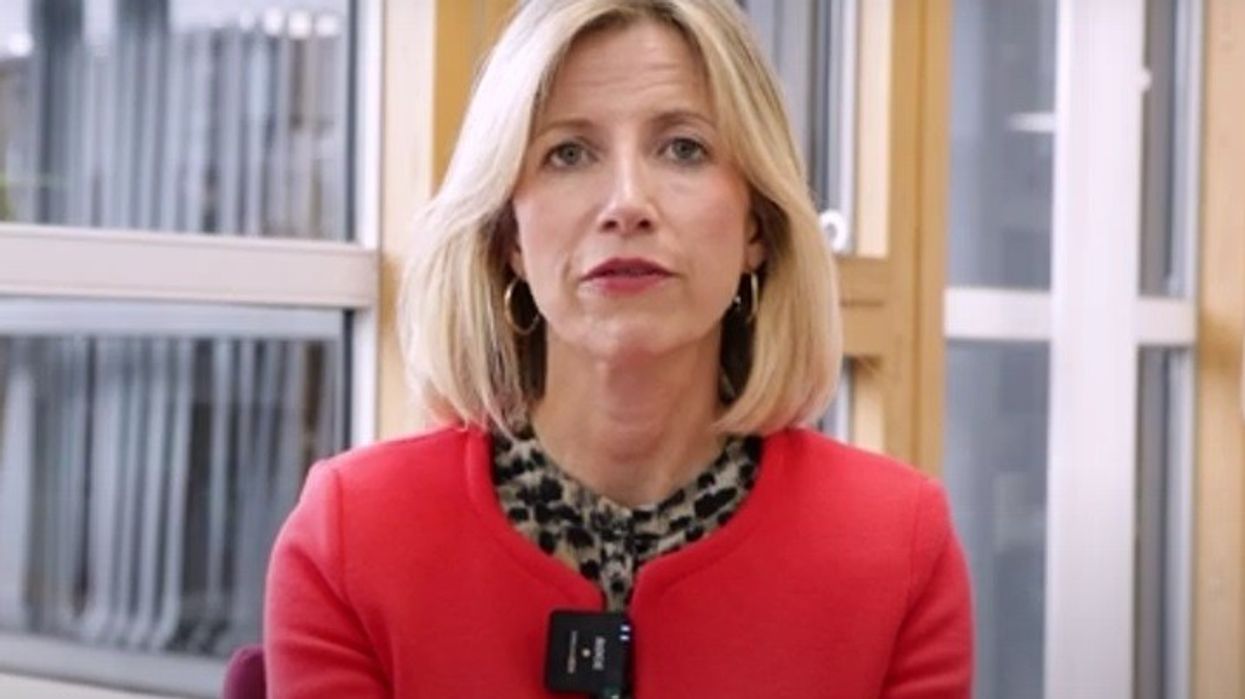The think tank suggests creating a cross-government health inequalities strategy to inform the new 10-year health plan
The King’s Fund has published an in-depth analysis highlighting the priorities that the government’s new 10-year health plan should address to combat health inequalities.
This plan, currently being developed by the Department of Health and Social Care (DHSC) and NHS England, will significantly shape the long-term future of the NHS.
The independent think tank emphasises that a core focus of this new plan should be to enable the NHS to better address health inequalities and support people with the worst health outcomes.
Sarah Woolnough, CEO of The King’s Fund, explained: “Health inequalities are avoidable, unfair, and systematic differences in health between different groups of people, and they reflect broader societal issues such as those related to income, housing, gender, ethnicity or disability.”
“Supporting the health and care system to do more to tackle these differences has been a strategy priority for the Fund over the past five years.”
Drawing on its extensive work on health inequalities in the last five years, the charity has outlined seven key priorities that should shape the 10-year health plan:
- Develop a cross-government health inequalities strategy to drive improvement
“A unified cross-sector approach is needed to tackle the root causes of health inequalities, such as in education, employment and housing,” Woolnough stated.
- Reorientate the NHS to focus on prevention
“Preventable diseases like cardiovascular disease, disproportionately affect people from ethnic minorities and those living in deprived areas. So, work to refocus the NHS on prevention is a critical step in tackling health inequalities,” Woolnough said.
- Radically change the NHS relationships with people and communities from ‘power over’ to ‘power with’
Woolnough noted that efforts should be made to “work alongside communities, listen to their needs and act on them, and build trust through genuine partnerships.”
- Tackle racism and discrimination in the NHS and cultivate a culture of compassion
“NHS leaders must purposely focus on tackling racism and discrimination in all aspects of how it operates for their staff and for the communities they serve,” Woolnough said.
- Equip staff with the capabilities to identify and act on health inequalities and capture learning
Woolnough explained: “All NHS staff should be trained to understand, address, and advocate for those affected by health inequalities. This is a critical part of making work to tackle health inequalities part of NHS business as usual, rather than an add-on.”
- Empower place-based partnerships to take more decisions about how NHS money is spent
“Local partnerships that include local authorities in the voluntary and community sector should be empowered to tailor decisions to community needs,” Woolnough said.
- Actively support local voluntary, community and social enterprise (VCSE) organisations through changes in financial planning and commissioning
Woolnough highlighted that local VCSE organisations often find it difficult to work with the NHS and that this needs to change.
The state of health inequalities
The King’s Fund report outlines several “avoidable, unfair and systematic” differences in health experiences and outcomes:
Infant mortality: Black infants are twice as likely, and Asian infants nearly twice as likely, to die compared with White infants.
Premature deaths: People in the most deprived areas are twice as likely to die prematurely from cardiovascular disease than those in the least deprived areas.
Mental health: Lesbian, gay and bisexual adults are more than twice as likely to report having a longstanding mental, behavioural or neurodevelopmental condition than heterosexual adults.
Elective care waiting times: In 2022, people living in the most deprived parts of England were more than twice as likely to wait over a year for elective care compared to those in the most affluent areas.
Breast screening: Women experiencing homelessness are less likely to attend breast screening appointments than the general population.
Life expectancy: There is a stark difference in life expectancy between people in the most deprived areas and those in the least deprived—9.7 years for men and 7.9 years for women.
Barriers to accessing services
The report also identifies key barriers that prevent people from accessing necessary services, including:
- Discrimination and racism
- Lack of empathy and genuine engagement
- Poor communication from services
- Feelings of powerlessness
- Practical barriers, such as travel costs
- Shame and stigma
- Inflexible, non-holistic, and non-inclusive services
- Lack of trust and engagement due to negative experiences in the past.
“It's deeply unfair that some groups experience worse health and care than others. The development of a 10-year plan offers a real opportunity to facilitate the significant change that is so desperately needed.
“Transformative work is difficult, but the King's fund is committed to supporting the health and care system with this task,” Woolnough concluded.













